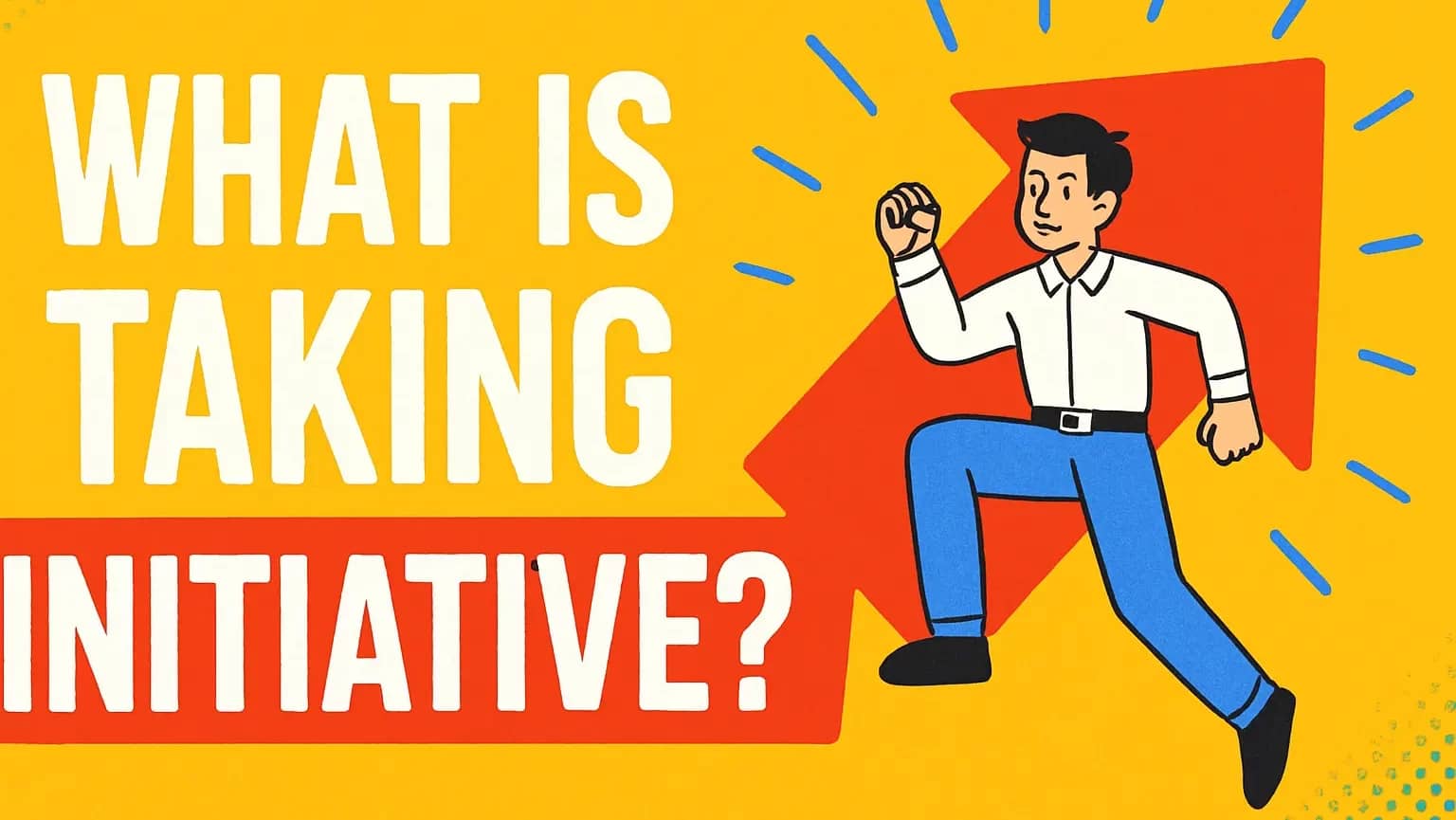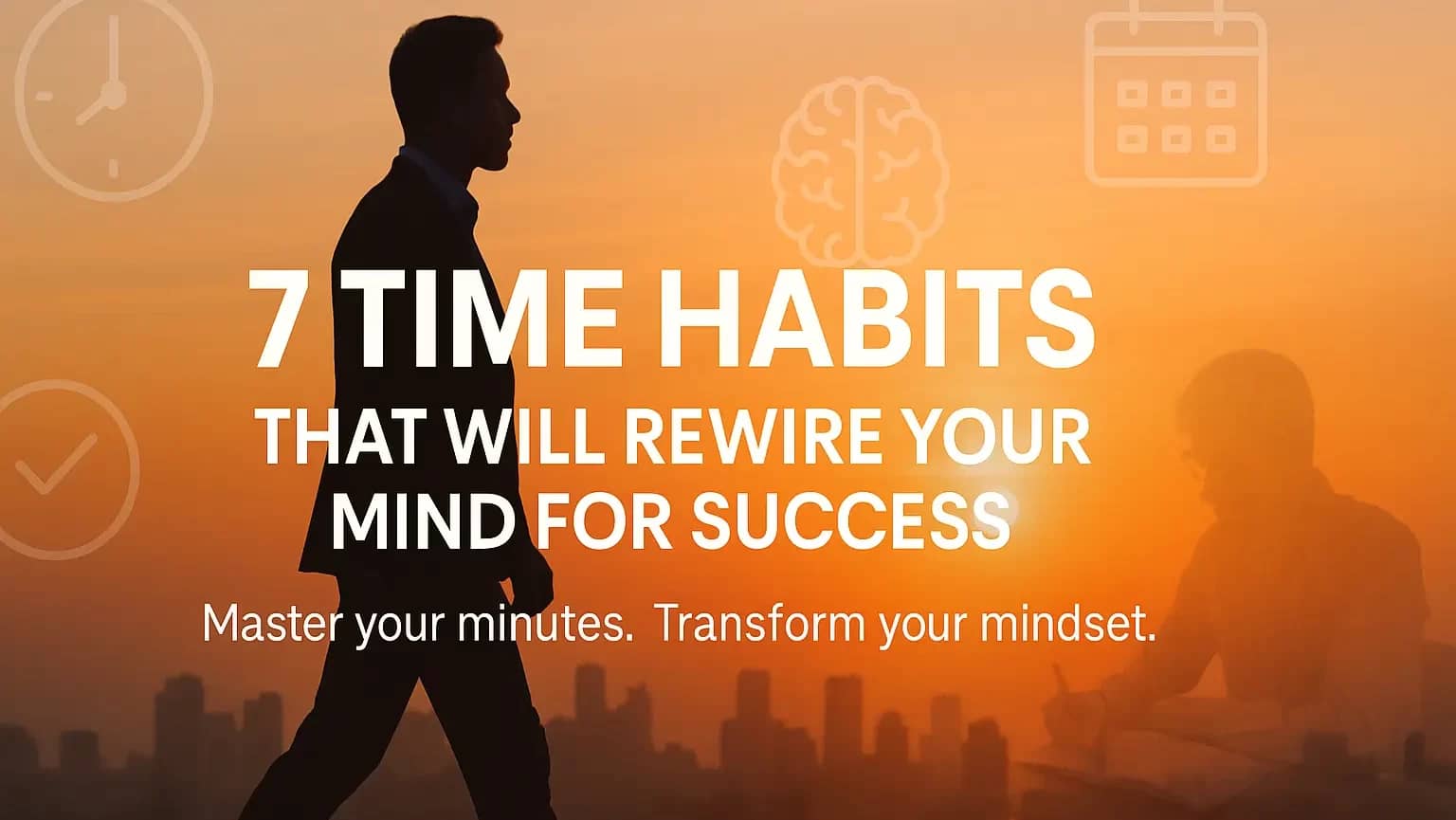If you’re an incoming college student, you can count on one thing—everything is different from high school. From the pace of your classes to the students around you, the entire college experience is a world of its own. So, if you think you can tackle college by yourself, I’m here to show you otherwise.
When my parents drove me to college, dropped me off, and left, I remember the anxiety and overwhelm overcoming my body. I hadn’t met anybody, nor did I have friends from home with me—I was completely alone. For many first-year students attending a college far from home, this feeling isn’t uncommon.

The initial loneliness, combined with the complexity of your classes, can leave you feeling anxious and overwhelmed. Without proper preparation and reflection, what should be four valuable years could quickly become the most regrettable time of your life.
With tuition costs exceeding $50,000 a year, you owe it to yourself to make the most of your college experience. Here are eight essential pieces of college advice I wish someone had shared with me:
1. Everyone you meet isn’t your friend
Here’s a hard pill to swallow: not everyone you meet in college will be a lifelong friend. People naturally gravitate toward those they connect with more, and that won’t always include you. They also experience change, sometimes for the worse, causing your relationship with them to slowly wither away.
During my first year, I met many people—people who were neighbors, classmates, and fellow club members. Yet, by the following year, about 85% of those relationships had surprisingly disappeared. For some reason, I expected to be friends and experience all four years of college with them, but they never tried reaching out to me.

Going from knowing over 30 people in college to having just four close friends taught me an important lesson: we can’t expect everyone we meet to become a lasting friend. The more we hold onto apathetic people, the more valuable energy we waste. As I later discovered, research shows it’s common to have less than four close friends.
There’s a difference between knowing someone and knowing them as a friend. When you know someone, you know them by name, but that’s because you run into them around campus. On the other hand, knowing someone as a friend indicates that you regularly hang out with them, being there for them as much as they’re there for you.
Wondering if you have real friends? Read here.
2. Independence is crucial in college
College is best understood as a place of newfound independence, far from home, parents, and siblings. Adjusting to this lifestyle isn’t easy, but it provides a valuable opportunity for growth and self-improvement.
Independence is a key component in living a prosperous life, and it’s better to use college as an opportunity to practice that now than later. Being independent ensures we can rely on ourselves and make our own decisions without the assistance or approval of others. By practicing independence, we discover our strengths and weaknesses and begin living a life that reflects personal values.

As I’m in college, I can see how many students, roommates, and friends struggle with a lack of independence. Basic chores, such as laundry and cooking, become harder or neglected because people aren’t used to being independent. At some point, you’ll be living on your own, so practice the advice of being independent while you’re in college. You’ll make mistakes, but it’ll help you tremendously later on once you move out of your parent’s house and start living on your own.
3. Master skills now so you don’t have to later
“The first mistake is never the one that ruins you. It is the spiral of repeated mistakes that follows. Missing once is an accident. Missing twice is the start of a new habit.”
– James Clear (author of Atomic Habits)
Poor decisions often stem from bad habits—or lead to the development of new ones. Being away from parents gives us the freedom to make our own decisions, but it can also result in adopting negative habits. Though they may seem insignificant, the consistent practice of bad habits will inevitably snowball, leading to more harmful patterns over time. The more bad habits we accumulate, the more it impacts our productivity, health, and personal growth.
No matter how you view college, it’s predominantly a time of growth, and the best advice I can offer is to grow as much as possible. Build a new social life, learn to be alone, and practice skills that further academic success. At the same time, work on eliminating poor habits like procrastination, oversleeping, and uncleanliness. Mastering these skills will ensure you leave college prepared and equipped to succeed in your future endeavors.

During my first year of college, one of the goals I set for myself was to wake up before sunrise. I did well initially, but it wasn’t until the middle of the school year that I became inconsistent. From hitting snooze once to more than four times, it’s safe to say that my growing love for sleep hindered me from keeping my commitments.
Life consists entirely of decisions and those small ones we don’t think much of make a tremendous difference later on. Therefore, it’s much better to eliminate these habits when their seeds begin to sprout rather than let them grow and become difficult to remove.
4. Use your time wisely
College is often perceived as being a worthwhile investment, especially for parents. The Public Policy Institute of California found that “California workers with a bachelor’s degree earn a median annual wage of $81,000. In contrast, only 6 percent of workers with less than a high school diploma earn that much (12% of those with at most a high school diploma).”
Statistics prove those with college degrees earn more than those with high school diplomas. However, even with a college degree, that doesn’t always guarantee we’ll earn 4x more than a high school graduate. Ultimately, how we spend our college years and what we gain from the experience are the determining factors.

As I’m in university, I’ve met a wide variety of people, each with different perspectives on college. While some saw it as a chance to advance their education, others viewed it as a perfect opportunity to have endless fun by partying weekly.
We may not realize how valuable college is until it’s over, so we should always use it wisely. We’re already paying well over $50,000 a year for college alone, so we might as well get the most out of it while we’re here. Take the opportunity to learn as much as possible, secure that internship, and even start a business. These experiences can set the foundation for a successful future after graduation.
5. Listen to yourself, not those around you
As we distance ourselves from friends and family during college, there comes one benefit: it allows us to think and reflect on our personal goals and values. This distance reduces external influence, allowing us to explore what we truly want without pressure from the outside. While we often hear the advice to pursue what we love, this guidance resonates even more deeply during college, where we can actively shape our own paths and passions.
However, many people go to college far away from home and continue to study the same subject their parents forced upon them. With this in mind, it prevents us from discovering our interests and the career we wish to pursue. Instead of continuing down the path dictated by our parents, we should embrace the distance as an opportunity to explore and experiment with new passions and fields that resonate with us.

From my experience, college is an excellent environment for exploring and discovering your interests. You may not find what you enjoy immediately, but that’s part of the journey. The college offers a variety of resources, classes, and opportunities to help you explore various fields of interest.
I’ve met many people who entered college who are still unsure about what they want to study, and I truly admire them. It’s completely fine not to know what you want to pursue. Having the time and space to explore various options is far better than committing to a major you aren’t passionate about. College is a valuable opportunity to discover what truly resonates with you, and it’s okay to take the time to figure it out.
6. Self-care is a must
Good mental health is the gateway to success and physical well-being. It’s much easier to make good decisions and adopt powerful habits that aid our success when we’re in a healthy state of mind as opposed to when we’re sad, angry, or depressed.
Self-care is essential not just in college but throughout the rest of your life. It is our safe place away from chaos, allowing us to destress and find the light at the end of the dark tunnel. Putting this advice into practice ensures you leave college the same as you entered—a principle that keeps you focused on growth while staying true to your values.

There will be many demands, expectations, and deadlines during college. Additionally, life may get in the way, causing problems at home or between the people you met in college. Failing to take the necessary steps to look after yourself through self-care can lead to burnout, stress, and emotional instability.
I’ve met many people in college who practice self-care in different ways—whether going for walks, working out, reading, or playing video games. I’ve also met many people who have used self-care as an excuse to have fun all the time without atoning for their responsibilities. While they’re busy partying and getting drunk at the end of every weekend, their schoolwork and the complexity of their classes increase. To succeed in college, we must find the perfect work-life balance.
7. Learn how to say “no”
Megan Bruneau from Forbes advocates against being a “yes” person, as “we rarely get to experience the life we want to–as our needs are always put to the side to make room for someone else’s.”
While selfishness can negatively affect those around us, being a people pleaser can be just as damaging. In life, it’s impossible to satisfy everyone, and it’s often wiser to say “no” than to take on someone else’s burden that you can’t afford. The more you fall into the habit of always saying “yes,” the more you let people step over you for their benefit. Trying to please everyone you come across isn’t healthy and gives stress and fear the freedom to compromise your well-being.

Of course, learning to say “no” isn’t an excuse to be rude. We should always decline requests respectfully when there’s already so much on our plate. Saying “no” also works in magical ways, as it helps us gauge how others truly see us. If someone reacts with bitterness when we can’t meet their request, it’s a huge sign that they may not genuinely respect us. In such cases, it’s better to distance yourself from them before it’s too late.
Whether it’s a party you can’t attend or your brain trying to convince you to procrastinate, the effort to say “no” will prevent you from further stress and worry down the road. Learning to say “no” is one piece of college advice I wish someone had given me earlier—it would have spared me many sleepless nights and the overwhelming stress that came with trying to do too much.
8. Put yourself out there when opportunities come
During your college experience, you’ll face situations that push you to step beyond what feels comfortable. Meeting new friends, public speaking, and asking for help are a few examples. By continuing to live within your comfort zone, you’ll miss out on the growth necessary to become the person you aspire to be. Growth and transformation often happen when you take that leap into the unknown.

College itself is challenging, but it becomes even more difficult if we try to navigate it alone. For many, socializing can feel like one of the most challenging obstacles, as we’d much rather live comfortably in our bubble. However, we should continuously make the effort to put ourselves out there. Building connections helps create a support system and potentially opens doors to new opportunities and experiences that can enrich our personal and professional lives.
Out of all the eight pieces of advice in this article, putting yourself out there is the college advice I would greatly recommend. Join a club, talk to the people in your dorm, or befriend the person you see in class: just put yourself out there. Although not 100% of the people you meet will be your friends, college is already lonely, and it gets more lonely if you have nobody to hang out with. It might be uncomfortable initially, especially as an introvert, but you never know how far these relationships will go.
Conclusion
In conclusion, all colleges offer an incredible opportunity to explore your interests, have fun, and create powerful memories. However, it can also become a challenging and overwhelming time, if we don’t navigate it effectively. With midterms, finals, and the expectations placed on us, it’s far better to approach college with a sense of preparedness rather than leave ourselves vulnerable to stress and uncertainty. By equipping ourselves with the right mindset and strategies, we can make the most of this transformative experience.

As a current college student, there are several things I wish someone had told me before I arrived on campus. Receiving this advice earlier and putting it into practice would have helped me adapt more effectively to the fast-paced college environment. Specifically, understanding the importance of self-care, learning how to say “no,” and realizing that not everyone I meet will become a friend would have significantly helped me navigate the hectic first-year experience.
What is a piece of college advice you would like to share with others?

